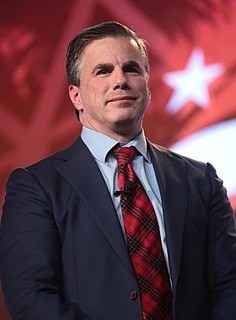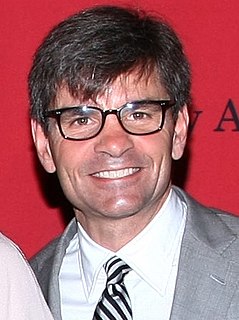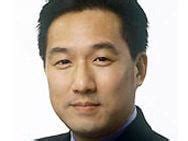A Quote by George T. Conway III
Questions about Trump's psychological stability have mounted throughout his presidency.
Quote Topics
Related Quotes
The great philosophers of the 17th and 18th centuries did not think that epistemological questions floated free of questions about how the mind works. Those philosophers took a stand on all sorts of questions which nowadays we would classify as questions of psychology, and their views about psychological questions shaped their views about epistemology, as well they should have.
There's an all-enveloping destructiveness in Donald Trump's character and in his psychological tendencies. But I've focused on what professionally I call solipsistic reality. Solipsistic reality means that the only reality he's capable of embracing has to do with his own self and the perception by and protection of his own self. And for a president to be so bound in this isolated solipsistic reality could not be more dangerous for the country and for the world. He's not psychotic, but I think ultimately this solipsistic reality will be the source of his removal from the presidency.
These people in media have a personal attachment to Barack Obama and his presidency and his legacy. And so Trump... It's just another of many reasons why Trump has to be diminished, destroyed, impugned, or what have you. But Middle East trip is so phenomenally successful, so phenomenally positive that they can't report it because it doesn't fit with the Trump whom they have painted in the last six or so months. But it's still getting out there.
While [Domald] Trump chose a running mate, [Mike] Pence, who wrote [a letter to an Indianapolis newspaper] about how women shouldn't work because it's bad for the family. So we're really facing such a stark contrast between the candidates. Not to mention the vulgarity that Trump has been spouting about women for his entire life and continues to throughout his campaign. It's just a different world that we'd be living in [if he won].
The thing I have in common with Donald Trump is about a dozen years ago, we got a "Man of the Year" award in New York City, the Hotel Plaza from the USO. So I met him once and I found him to be very personable. He asked excellent questions throughout the 45 minutes that I was with him. Very, very engaged and very curious about the world and its complexity. Something, let's be honest, that he and many of his close in advisers that he's selected don't have a lot of knowledge about.




































